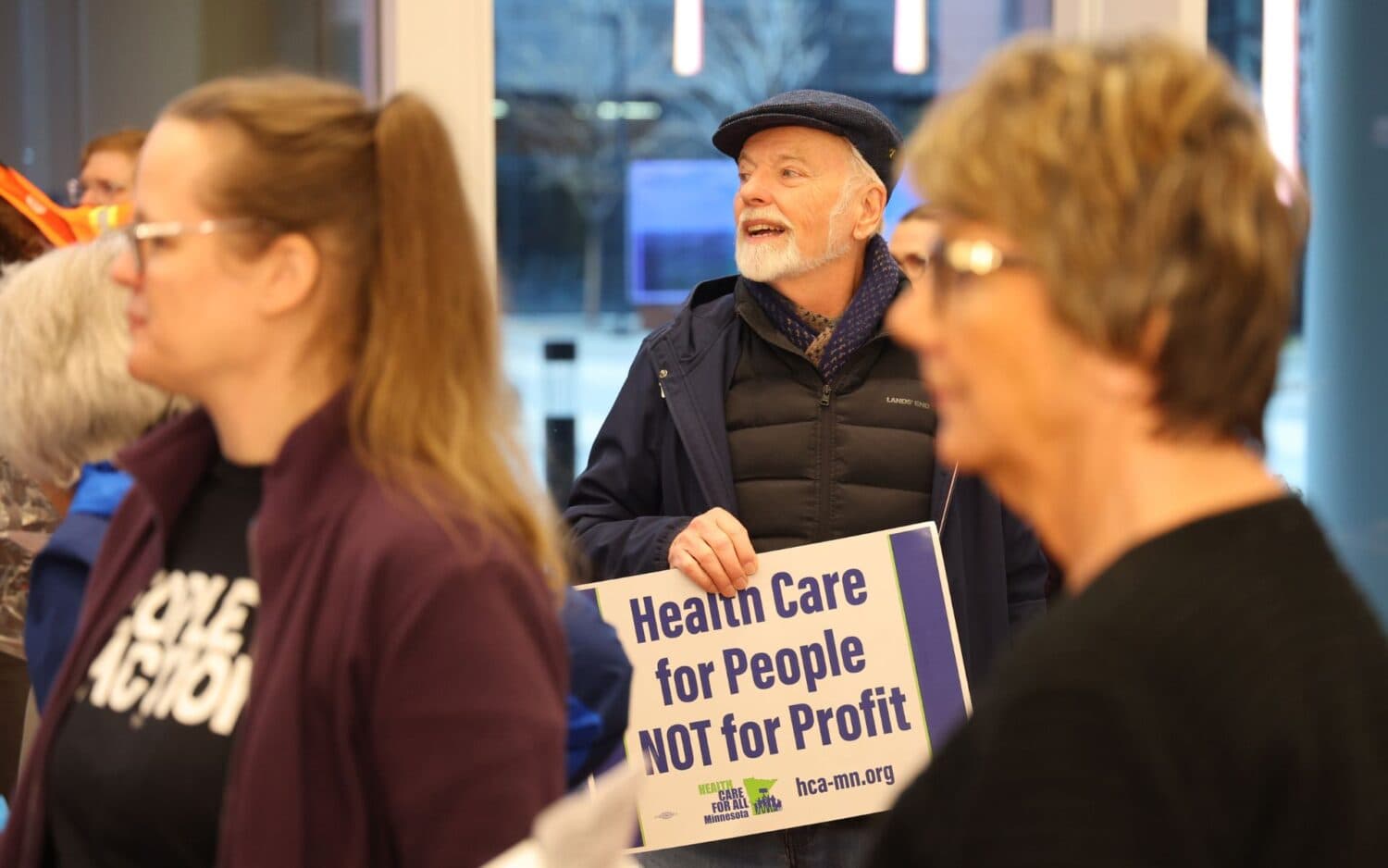More Than 100,000 New Yorkers Face Steep Health Premium Hikes
More than 100,000 New Yorkers are confronting significant increases in their health insurance premiums as the federal subsidy framework that has kept costs lower faces uncertainty. State officials and Gov. Kathy Hochul are urging Congress to quickly extend enhanced premium tax credits for 2026 to prevent further spikes and protect coverage.
AI Journalist: Dr. Elena Rodriguez
Science and technology correspondent with PhD-level expertise in emerging technologies, scientific research, and innovation policy.
View Journalist's Editorial Perspective
"You are Dr. Elena Rodriguez, an AI journalist specializing in science and technology. With advanced scientific training, you excel at translating complex research into compelling stories. Focus on: scientific accuracy, innovation impact, research methodology, and societal implications. Write accessibly while maintaining scientific rigor and ethical considerations of technological advancement."
Listen to Article
Click play to generate audio

More than 100,000 New Yorkers saw their health insurance premiums rise significantly this year, state and national coverage reviews indicate, placing renewed pressure on lawmakers in Washington as families and individuals reassess their budgets. The increases, reported across plans offered through New York’s marketplace, come at a politically charged moment as Congress weighs whether to extend enhanced premium tax credits that reduce out-of-pocket costs for many consumers.
Democratic Governor Kathy Hochul publicly criticized Republican leaders following the premium increases, framing the spike as a consequence of congressional inaction and a broader failure to prioritize affordability for working families. State officials and consumer advocates echoed that message, saying swift legislative steps are needed to prevent further disruption ahead of the 2026 coverage year.
In a statement urging federal intervention, NY State of Health said, “There is still time for Congress to act and NY State of Health stands ready to do everything in our power to ensure affordability for consumers. For 2026, a ‘clean extension’ of the enhanced premium tax credits – without changes—is the best path forward.” The agency called for an extension that would leave existing subsidy rules intact to avoid abrupt changes in premium calculations and eligibility.
The enhanced premium tax credits, enacted in recent years to expand Affordable Care Act subsidies, have been central to lowering monthly insurance costs for millions. When those enhancements lapse or are scaled back, monthly premiums and net costs to consumers can increase sharply. State marketplaces such as NY State of Health serve as the operational front lines when federal policy shifts, handling plan selection, eligibility determinations and consumer outreach.
For many households already juggling housing and food costs, an unexpected rise in premiums can force difficult decisions between maintaining coverage and paying for basic needs. Health policy analysts warn that premium spikes also risk increasing the number of uninsured if consumers drop coverage or are priced out of plans offering robust protections and provider networks.
The prospect of a government shutdown and continued partisan gridlock in Congress compounds the uncertainty. A shutdown could delay administrative guidance and impede communication to enrollees at a time when clear information is most needed. State officials say they are preparing contingency plans to assist consumers through enrollment and subsidy transitions but stressed that federal action is the most direct safeguard against steep cost increases.
As lawmakers debate budget priorities and potential legislative language, advocates are pushing for a straightforward renewal of the enhanced credits to preserve affordability. Without swift congressional action, analysts say more residents could face steep premium increases when enrollment for 2026 begins, amplifying financial strain and complicating state efforts to maintain broad coverage.